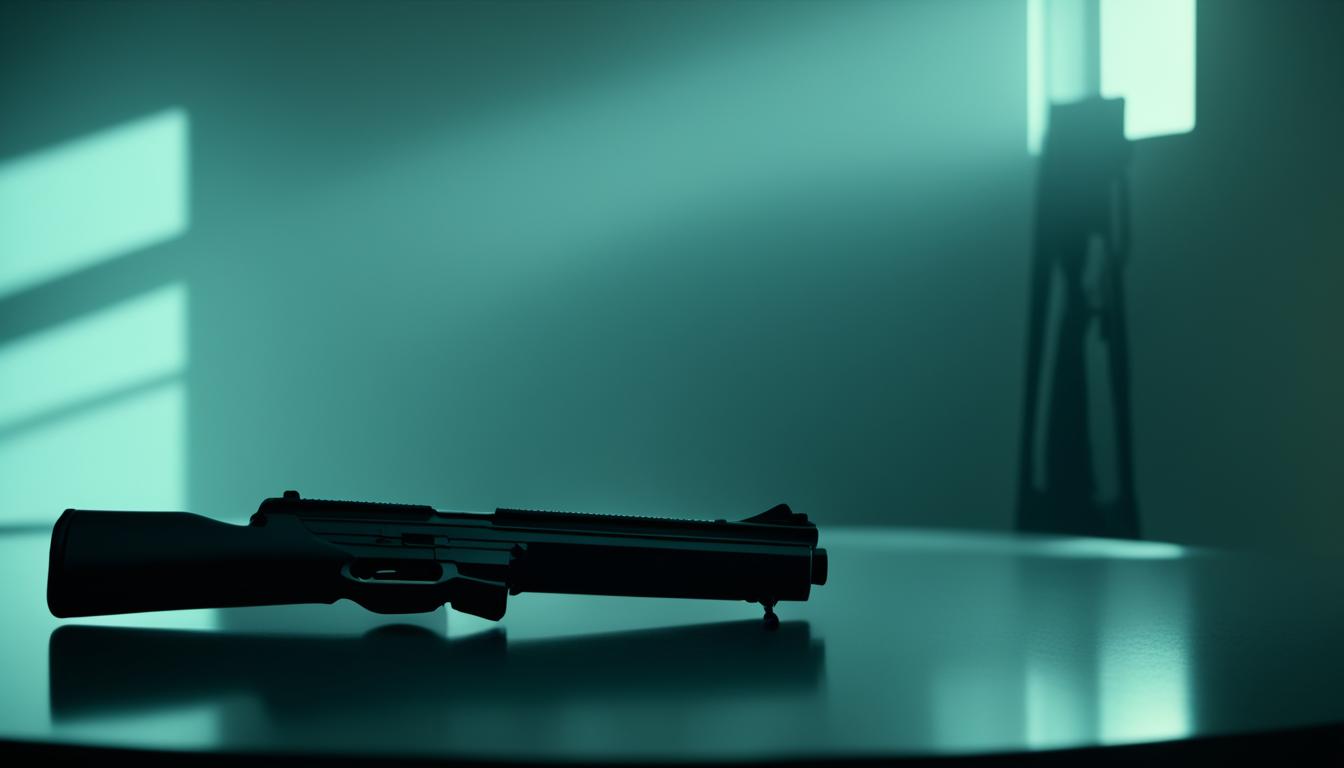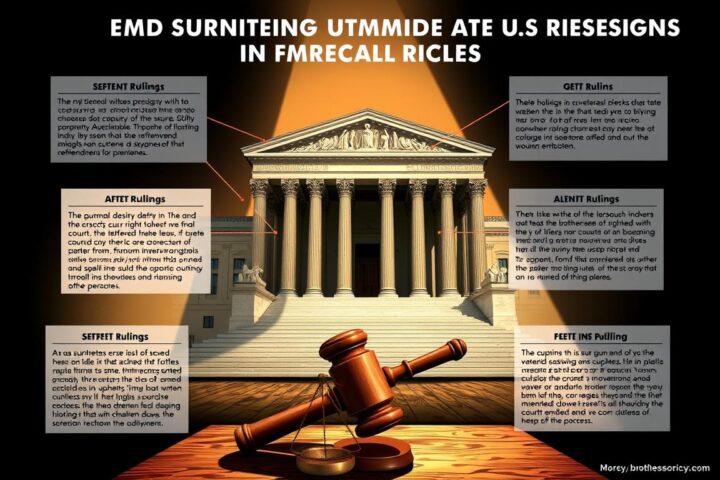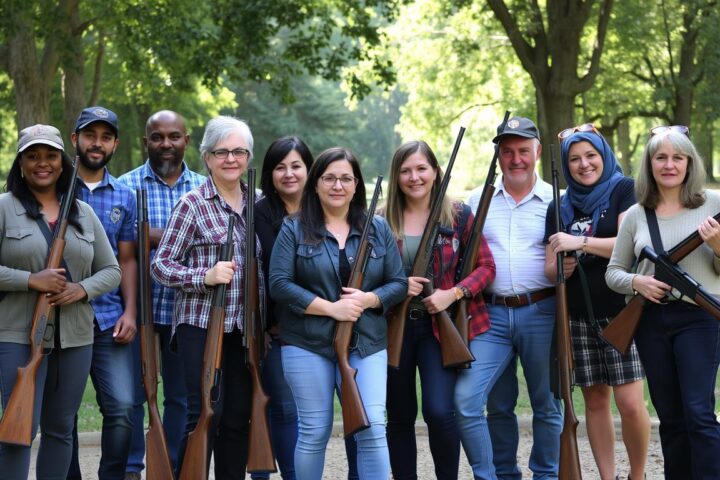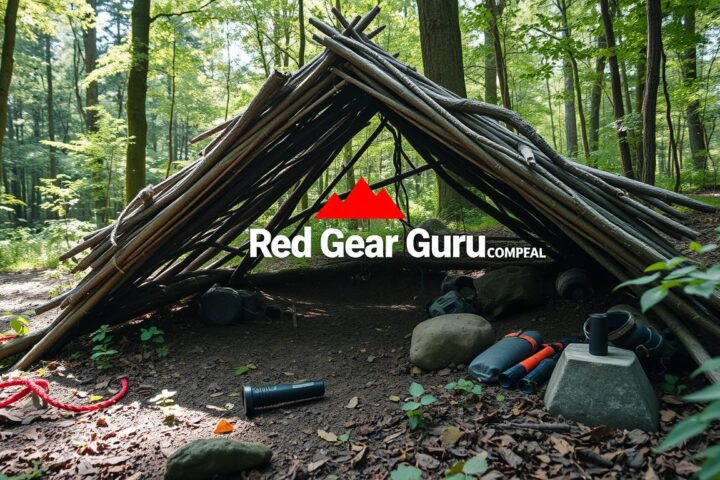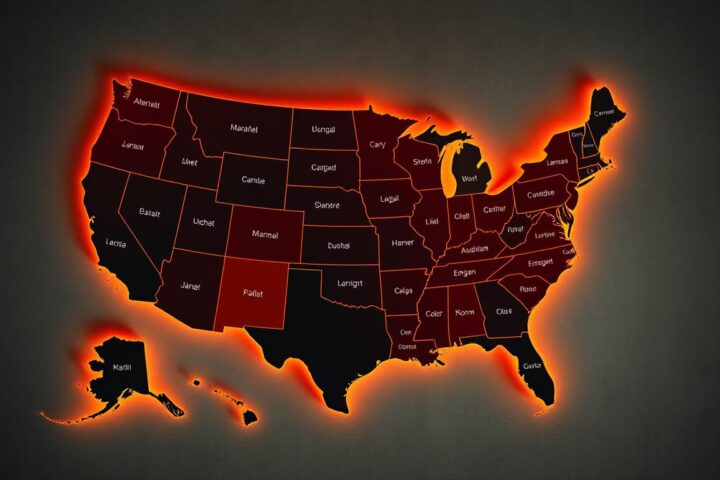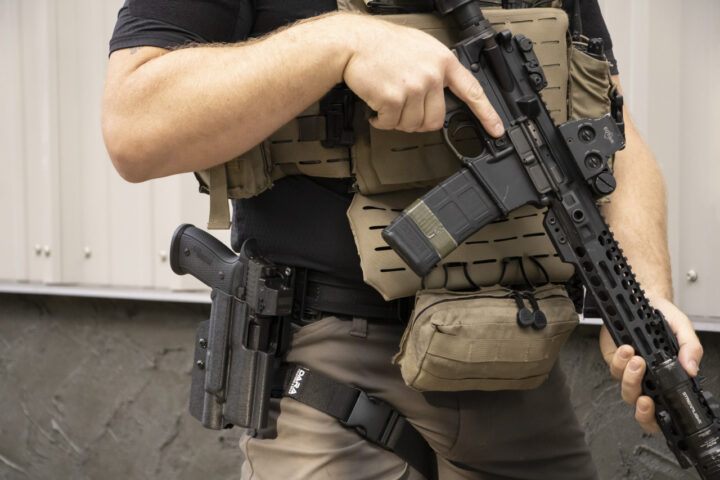As an American, knowing when you can lose your gun rights is key. It’s vital for your safety and for keeping the gun rights safe. These rights are part of our history and culture.
If you’ve lost your gun rights before, you might be able to get them back. It’s important to know what can stop you from owning a gun, like drug offenses, criminal convictions, and mental health concerns. Learning about the second amendment and legal ways to regain your rights helps protect your firearms and weapons.
Key Takeaways
- Understanding the circumstances that can lead to the loss of gun rights is essential for protecting your Second Amendment freedoms.
- Legal options may be available to restore your gun rights if they have been revoked in the past, but you need to be aware of the relevant laws and procedures.
- Crimes and issues such as drug offenses, criminal convictions, and mental health concerns can all potentially prohibit firearm ownership.
- Staying informed about gun laws and exploring legal options is crucial for preserving your right to own and use firearms for self-defense, outdoor activities, and other lawful purposes.
- Maintaining a strong american gun culture and supporting the protection of gun rights america are important for upholding the values and traditions associated with the Second Amendment.
Understanding Prohibited Persons and Firearm Ownership
The Brady Handgun Violence Prevention Act of 1993 and state laws stop certain people from having guns. These include those addicted to drugs, felons, and those convicted of domestic violence. Losing gun rights is serious, but some can get them back under certain conditions.
Identifying Circumstances That Prohibit Gun Possession
People who’ve been convicted of felonies or domestic violence can’t own guns. Those with drug addiction or mental health issues that make them a danger to others also can’t have firearms.
Exploring Legal Options for Gun Rights Restoration
If you lost your gun rights, you might get them back legally. This process is complex. It’s best to talk to experienced attorneys who know about this. They can guide you through legal steps like pardons or expungement.
Many Americans value owning firearms, like the AR-15. But, it’s important to know the laws and what can happen if you break them. With the right help, you can protect your rights and maybe even get your gun rights back.
Drug Offenses and Addiction as Barriers to Gun Ownership
Keeping your right to bear arms means staying clean and sober. Drug use and addiction can greatly affect your ability to legally own guns. The Brady Handgun Violence Prevention Act and Washington state law list drug offenses and addiction as reasons you can’t own guns.
Having substance abuse issues can really hurt your gun rights. If you’ve been convicted of a drug crime or are fighting addiction, getting help is key. Being sober is crucial for keeping your right to buy ammunition and bullets and doing diy survival skills.
The laws on owning guns and substance abuse aim to stop people with addiction from getting firearms. By staying clean and sober, you make sure your gun activities and reviews follow the law.
Your Second Amendment rights depend on your actions and choices. Being a responsible gun owner means knowing the laws and doing what’s needed to stay eligible. By focusing on your health, you keep your right to bear arms and enjoy your hobbies.
Criminal Convictions That Revoke Gun Rights
Understanding how criminal convictions affect your right to own guns is key. Felony crimes, violent or not, take away your right to have american made kydex holsters or other firearms. Even some crimes like forgery or theft can be felonies, leading to losing your gun rights forever.
Felony Convictions and Their Impact
Only a few cases involving lower receivers are filed each year. Since 2016, some defendants have won by getting charges dropped. With over 17 million top new handgun reviews out there, a man in Oklahoma got seven years in prison for having a gun illegally.
Misdemeanor Domestic Violence Offenses
Misdemeanor domestic violence crimes can also stop you from owning guns. A lawyer pointed out a gap in the law about lower receivers being seen as guns. Over 25 customers of Joseph Roh couldn’t legally own a firearm.
gun rights, top firearm reviews, ar-15
As a responsible gun owner, knowing the laws about owning firearms is key. This is especially true when mental health and court orders come into play. The AR-15 rifle is a hot topic in the gun debate. It ranges from the Smith & Wesson M&P15 Sport II for those on a budget to high-end models from brands like Daniel Defense. It’s a big deal in the market for primary arms and gunbroker.
Extreme Risk Protection Orders and Mental Health Issues
ERPOs are a concern for gun owners. They let courts take away guns from people seen as a risk to themselves or others. Mental health issues like being involuntarily committed or found not guilty by reason of insanity can also lead to losing gun rights. Getting those rights back is hard, as the federal government doesn’t recognize them once lost due to mental health.
The AR-15 is often linked to military and militia use. It’s popular among police and gun fans, making it a key part of the gun rights debate in the U.S.
As gun rights change, it’s important for owners to keep up and follow the law. Knowing how mental health affects gun rights and the process of getting them back is key. With the help of legal experts, people can better handle these complex issues.
Citizenship Status and Military Service Implications
As an American citizen, knowing how your citizenship affects your gun rights is key. It’s important to protect your Second Amendment rights. This can be tricky, but it’s vital to keep your gun rights safe.
Immigration Status and Gun Ownership Eligibility
Lawful permanent residents who are not U.S. citizens can own guns if they meet the rules. But, those without legal status in the U.S. usually can’t have guns. If you give up your U.S. citizenship, you also lose your right to own firearms.
Getting a dishonorable discharge from the military can take away your gun rights, even if you weren’t convicted of a crime. This shows how crucial it is to have a good military record to keep your gun rights safe.
It’s important to understand how being a citizen, serving in the military, and owning guns are connected. Whether you’re a naturalized citizen, a lawful permanent resident, or in the armed forces, knowing your rights is key. This helps you keep your Second Amendment firearm stories safe.
Conclusion
Exploring gun rights and regulations shows us how complex they can be. Many factors, like criminal records, drug issues, mental health, and citizenship status, can take away a person’s right to own guns. It’s important to know these rules and how to get your rights back if needed.
Keeping up with the latest in top ranked firearms, survival skill topics, and top ammunition reviews is key. Knowing about the ar-15 and other weapons helps gun owners make smart choices. It also supports outdoor survival rules and american gun culture.
Getting help from legal experts and staying alert about buy ammunition and bullets, american handgun culture, and history of guns and rifles is important. This way, people can follow the law and protect their firearms and weapons reviews, diy survival skills, and guns police use.
In the end, keeping your american made kydex holsters right is a key freedom. But, it’s vital to know the limits and act to keep it. By staying informed and taking action, gun owners can protect their Second Amendment rights. They also help with responsible gun culture and outdoor survival.
